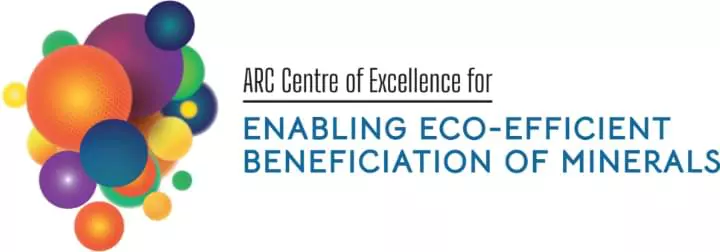Dr Timothy Hunter in person visit and Signature Series presentation to ARC Centre of Excellence for Enabling Eco-Efficient Beneficiation of Minerals (COEMinerals) members 10 April 2024
On 10 April 2024, Dr Timothy Hunter visited the ARC Centre of Excellence for Enabling Eco-Efficient Beneficiation of Minerals (COEMinerals) Melbourne node and provided a ‘Signature Series’ lecture to members. We make this presentation available to our wider network
Presenter: Dr Timothy Hunter
Associate Professor in Chemical & Nuclear Engineering
School of Chemical & Process Engineering
University of Leeds
Leeds, West Yorkshire, UK
Presentation Topic: Advanced measurement and process intensification techniques for nuclear effluent and sludge treatment: Interesting links to the beneficiation of minerals waste management
Abstract:
The UK nuclear industry is undergoing significant changes. Firstly, there is a big drive towards new nuclear development, as part of the government’s Net Zero plans. However, conversely, the current reactor fleet are all scheduled to cease operations within the next decade and the UK will no longer have any fuel reprocessing capabilities. Therefore, there is also an increasing focus on the decommissioning of active nuclear sites. Alongside this, is the urgent need for the UK to deal with its significant legacy waste stockpiles, and to develop safe, efficient techniques to transfer, dispose and treat both liquid effluents and multiphase suspensions or sludges. The Nuclear Engineering Group at Leeds (https://eps.leeds.ac.uk/chemical-engi…) have worked extensively with the nuclear industry over the past decade on developing various engineering solutions for its waste treatment and management operations. In this talk, I will cover some of our recent research in this area. Firstly, I will discuss our development of novel in situ acoustic sensors for remote monitoring of solid-liquid separation and highlight the interesting links between nuclear and minerals processing industries. Then, I will focus on a couple of applications of process intensification, as a route towards step-change increases in effluent and solids treatment efficiency. Specifically, I will cover new advances in our use of flotation for rapid dewatering, as well as the potential to use an agitated tubular reactor (ATR) as an enhanced co-precipitator and ion exchange system.
(Apologies for low volume, as this was an in-person/online presentation to COEMinerals members. Note, Q&A section has been edited due to no or very low volume content.)Tr

